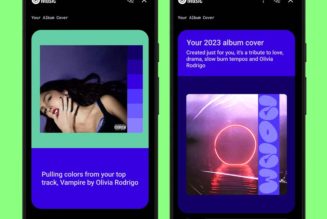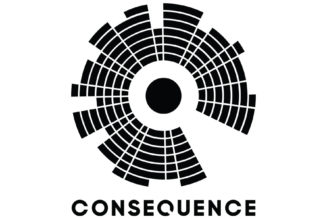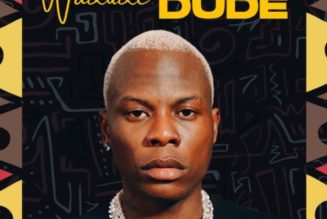
The Recording Academy has updated its rules to include a section on generative artificial intelligence (AI) for the 2024 Grammy Awards.
“Only human creators are eligible to be submitted for consideration for, nominated for, or win a Grammy Award,” according to the updated Grammy Awards Rules and Guidelines.
The updated rules further stipulated that a work that contains no human authorship is not eligible in any categories for the Awards.
However, the Recording Academy noted that a work that features elements of AI material is eligible in applicable categories, although the human authorship component of the work submitted “must be meaningful.”
According to the new guidelines, “The Grammy Award recognizes creative excellence. Only human creators are eligible to be submitted for consideration for, nominated for, or win a Grammy Award.
They continue: “A work that contains no human authorship is not eligible in any Categories. A work that features elements of A.I. material (i.e., material generated by the use of artificial intelligence technology) is eligible in applicable Categories; however: (1) the human authorship component of the work submitted must be meaningful and more than de minimis; (2) such human authorship component must be relevant to the Category in which such work is entered (e.g., if the work is submitted in a songwriting Category, there must be meaningful and more than de minimis human authorship in respect of the music and/or lyrics; if the work is submitted in a performance Category, there must be meaningful and more than de minimis human authorship in respect of the performance); and (3) the author(s) of any A.I. material incorporated into the work are not eligible to be nominees or Grammy recipients insofar as their contribution to the portion of the work that consists of such A.I material is concerned. De minimis is defined as lacking significance or importance; so minor as to merit disregard.”
Recording Academy CEO Harvey Mason Jr. recently discussed these changes in an interview with Grammy.com, underscoring the importance of accounting for AI’s influence on the music industry.
Mason stressed the need to adapt and establish standards to accommodate AI’s impact on the artistic community and society at large.
“The idea of being caught off guard by [artificial intelligence] and not addressing it is unacceptable.”
Harvey Mason Jr., Recording academy
“The idea of being caught off guard by it and not addressing it is unacceptable. Not knowing exactly what it’s going to mean or do in the next months and years gives me some pause and some concerns. But I absolutely acknowledge that it’s going to be a part of the music industry and the artistic community and society at large,” Mason said.
The updated Grammy Award rules follow recent developments in the use of AI in music creation and comes amid an ongoing debate around the ethics surrounding AI-generated tracks, for example, one that went viral earlier this year featuring “fake” vocals of artists Drake and The Weeknd.
The proliferation of this technology recently prompted the European Union to ask tech giants like Back in March, the Recording Academy was one of the signatories of an open letter calling on all AI labs around the world “to immediately pause for at least 6 months the training of AI systems more powerful than GPT-4”.
Added Mason in the interview published on Grammy.com: “So, we have to start planning around that and thinking about what that means for us. How can we adapt to accommodate? How can we set guardrails and standards? There are a lot of things that need to be addressed around AI as it relates to our industry,”
Mason said the Recording Academy will require a songwriting-based category for the Grammy Awards to be mostly written by a human.
“Same goes for performance categories – only a human performer can be considered for a Grammy,” he added.
“If AI did the songwriting or created the music, that’s a different consideration. But the Grammy will go to human creators at this point.”
Other notable updates for the upcoming 66th Grammy Awards include the consolidation of the Award fields from 26 to 11 “to make sure voters were voting in categories and genres they had expertise or experience working in”; and the inclusion of three new categories: Best African Music Performance, Best Alternative Jazz Album and Best Pop Dance Recording.
The Recording Academy also migrated existing categories such as Producer Of The Year, Non-Classical, and Songwriter Of The Year, Non-Classical to the General Field.
Music Business Worldwide









